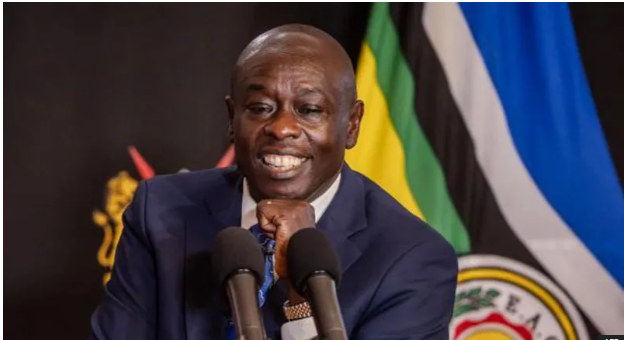
The impeachment trial of Kenya’s Deputy President has officially begun, marking a pivotal moment in the country’s political landscape. The Deputy President, whose leadership has been marred by allegations of corruption, abuse of office, and misconduct, faces an uphill battle to retain his position amid intense scrutiny from lawmakers and the public.
The trial, which is being conducted by Kenya’s Senate, follows a successful impeachment motion passed by the National Assembly. The Deputy President’s opponents accuse him of violating the constitution, mismanaging public funds, and undermining the president’s authority. These charges have led to widespread debate across the nation, with political analysts calling it one of the most significant events in Kenya’s recent political history.
Legal experts and political observers are closely monitoring the trial, as its outcome could have far-reaching implications for Kenya’s political future. If the Senate upholds the impeachment, the Deputy President will be removed from office, which could trigger a power struggle ahead of the upcoming elections.
The Deputy President, who has consistently denied the allegations, argues that the impeachment process is politically motivated. His defense team is expected to challenge the validity of the charges and present evidence to refute the claims made against him.
Public opinion remains divided, with supporters of the Deputy President viewing the trial as a political witch hunt, while critics see it as a necessary step toward accountability and transparency in government.
As the trial unfolds, Kenyans are bracing for potential political upheaval, with the outcome likely to shape the dynamics of the country’s leadership in the months to come.

